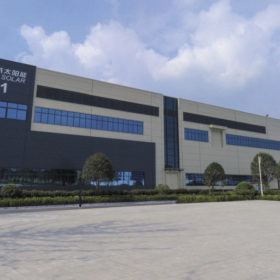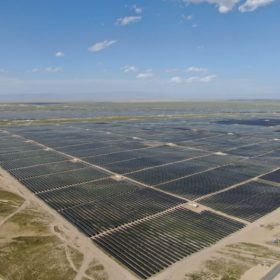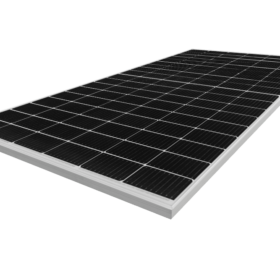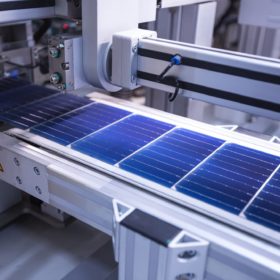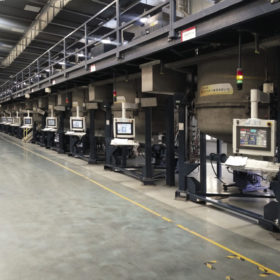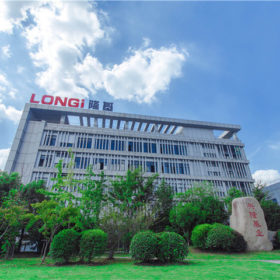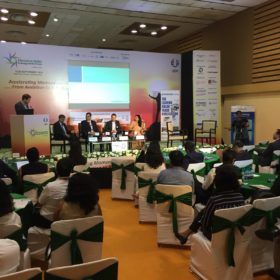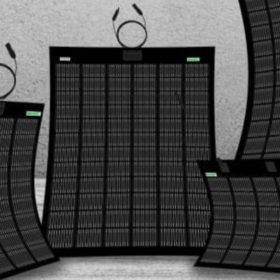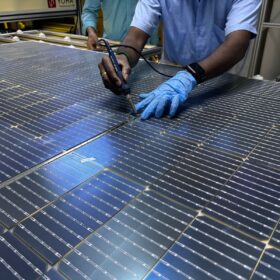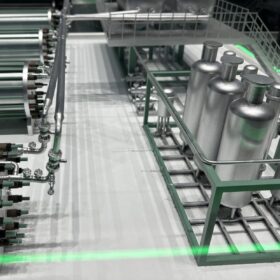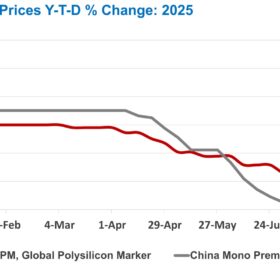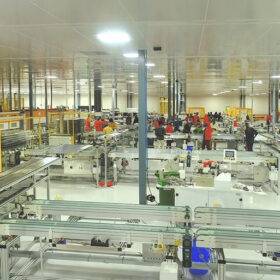China’s solar cell capacity exceeds 361 GW
Tongwei has also secured another massive polysilicon order and Golden Glass has invested in more heterojunction solar cell capacity. Furthermore, China’s National Energy Administration (NEA) said 23.7 GW of new solar was deployed in China in the first five months of the year.
High-wattage solar modules increase risk of thermal runaway
Longi Solar outlines its high-temperature mitigation logic in designing the lower current, high-wattage Hi-MO5 solar panel series.
India’s solar report card for 2021
India added 10.4GW of solar power generation capacity in the January-December period of 2021. Out of this, 42% was installed in Rajasthan alone.
The long read: A limit to PV module size
There is a threshold at which big becomes too big when it comes to PV module sizes, argues Hongbin Fang, the director of product marketing at Longi Solar. Fang recently said at pv magazine’s Roundtables USA event that despite size limits, there is still a lot of efficiency and cost-reduction potential to come.
JA Solar, JinkoSolar, Longi reach consensus on 182mm module standardization
The three Chinese panel manufacturers found an agreement on the module size and the mounting hole spacing.
Bullish clean energy stocks helped maintain healthy investment levels
The latest renewables investment report produced by analyst BloombergNEF has noted backing for solar projects continued to rise in the first half as wind power investment fell back.
Longi achieves 25.21% efficiency for TOPCon solar cell
The Chinese module manufacturer said the result was confirmed by the Institute for Solar Energy Research in Hamelin, Germany.
The long read: Change to the cast
Few in the industry predicted the speed at which monocrystalline technology would develop, or the impressive cost reductions it would achieve by 2019. This has left producers of multicrystalline products facing rapidly shrinking market share and struggling to compete on a cost per watt basis. Many are now turning to cast mono processes, essentially creating a monocrystalline, or ‘mono-like’ silicon ingot in a multicrystalline furnace, to reach higher efficiencies and extend equipment lifetimes.
Longi to spend $349m on new 5 GW module fab in Taizhou
The world’s number one mono silicon module manufacturer will add another 5 GW to its annual panel production capacity in 2020 as it pursues 16 GW of output this year and 25 GW next year.
Better bifacial adoption, catalyzing innovation focus of Future PV Roundtable at REI
pv magazine’s Future PV Roundtable, held at the 2018 Renewable Energy India (REI) Expo in Greater Noida, discussed how India can better adopt bifacial solar cell and module technology – the future of power generation. Prominent industry speakers also put forth their views on how standards can catalyze solar innovation for India-specific challenges, and on PV materials and components for enhanced module efficiency and recycling.
